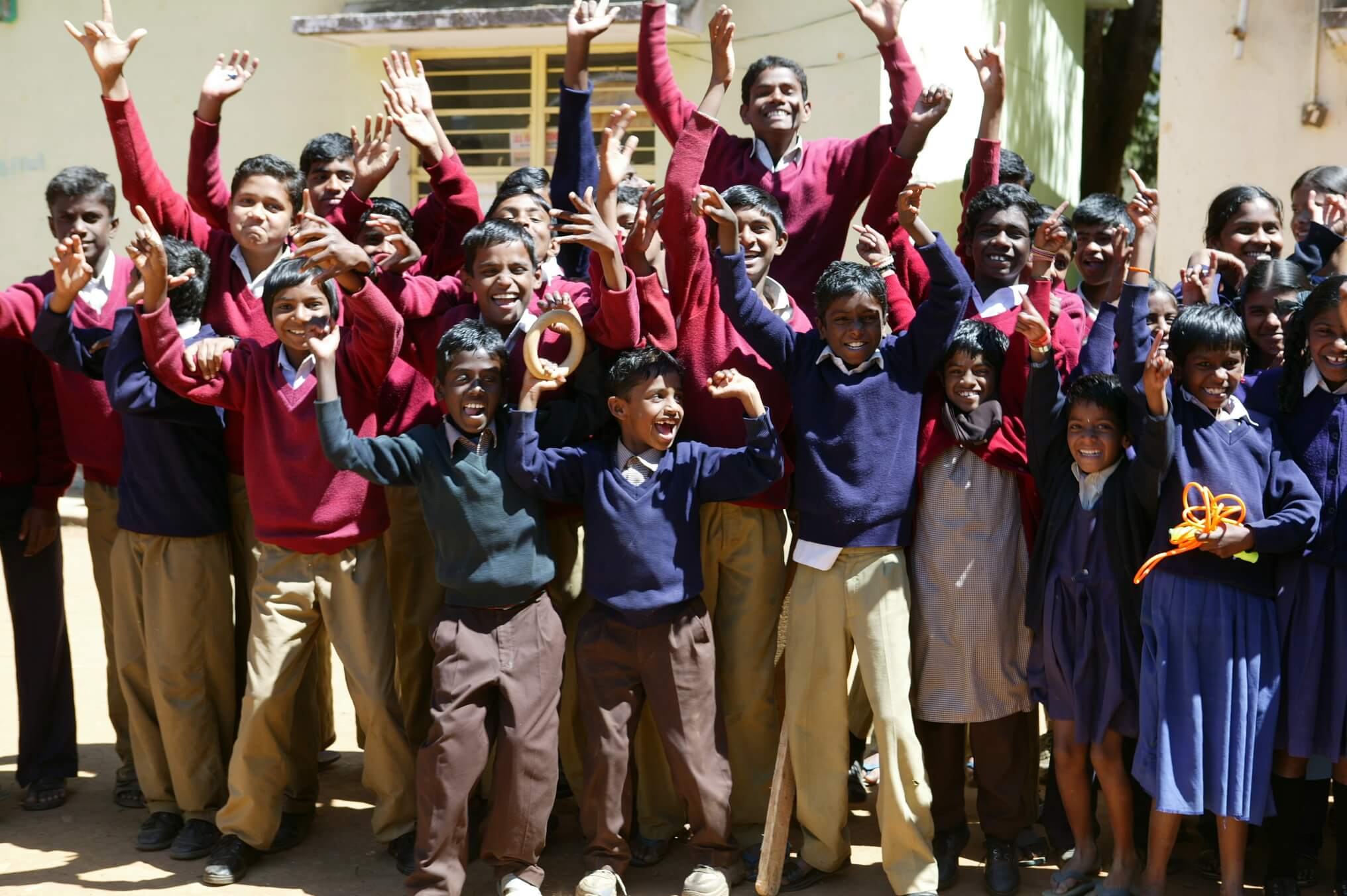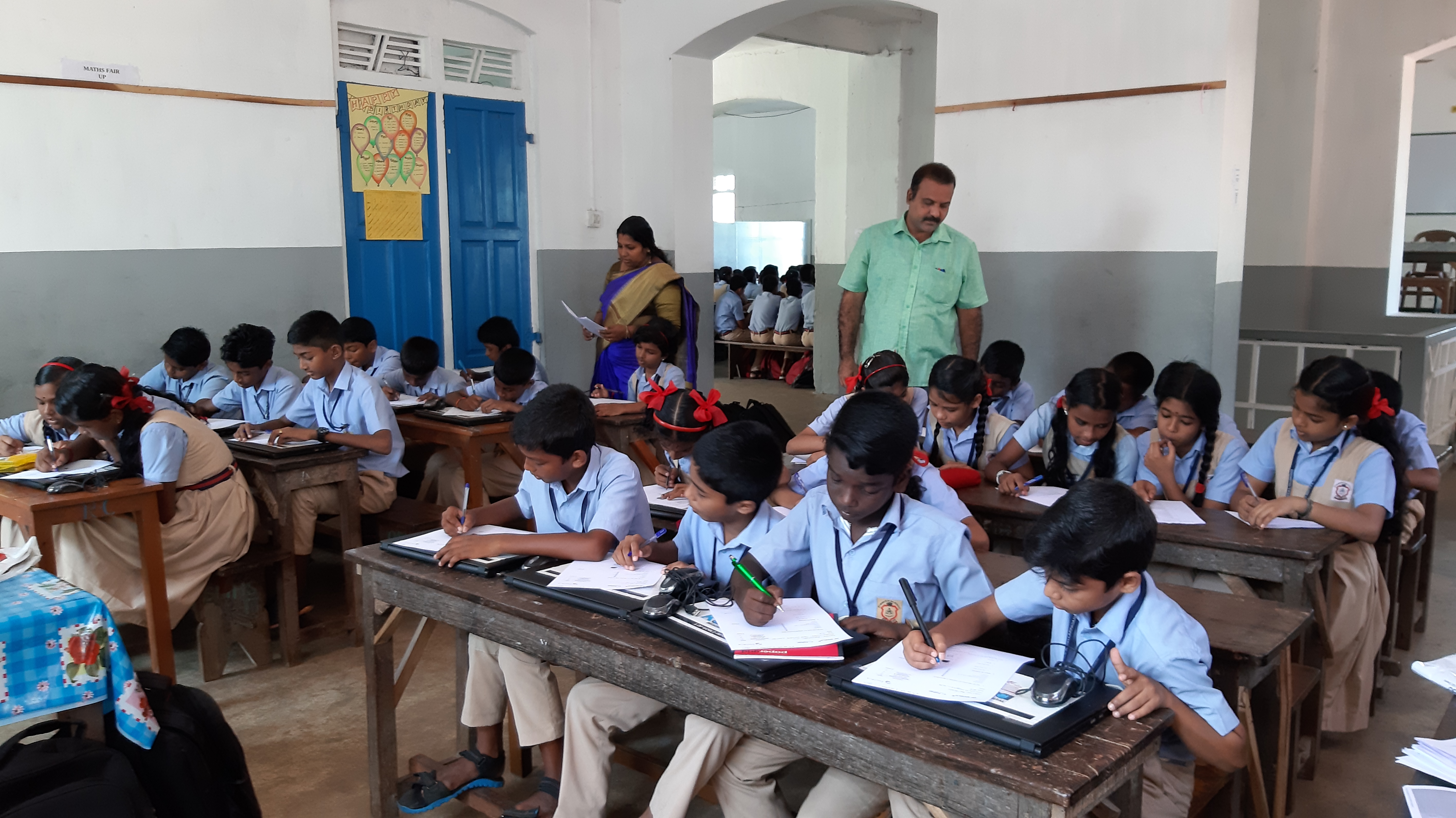- Home >
- Our Ideas
How Effective Has CSR Been In Education Sector?

This is a 47% increase from 2014-15, when the Amendment was first enacted. Specifically, education has consistently been among the most favoured sectors that companies have invested in, with the year 2018 seeing INR 2202 crore being spent on this sector alone. Since 2014, almost INR 8,000 crore has been spent on this sector.
CSR projects implemented in the Education space can be broadly categorised with respect to the following activities:
However, despite educational initiatives taking up a majority stake in terms of CSR expenditure, whether the desired impact is being made is arguable. One of the issues on the ground has been a gap in the monitoring and maintenance of projects. For instance, Impact Assessment studies of CSR projects by SoulAce have found that although school buildings and toilet facilities have been constructed, the lack of upkeep/maintenance may impair the functionality of such infrastructure with the passage of time. While technology-based interventions have also taken place, equipping a school with smart classes, donating computers or facilitating tablet-based learning can achieve full impact only when teachers are adequately trained for such technologies. Awarding scholarships to meritorious students, while successful in some areas, has not seen the same success elsewhere. It is thus eminently clear that to achieve a larger impact with the same level of investment, a more holistic approach can be taken with an eye on the long-term sustainability of these projects.
The state of education in the country as such is far from desirable. ASER Reports have consistently warned of poor learning outcomes.
n this context, baseline surveys done in areas before a project is implemented are crucial in understanding the scope of learning outcomes and other indicators of progress.

Educational interventions undertaken by corporates are certainly welcome in such a landscape. For instance, the Satya Bharti School Program run by the Bharti Foundation is one of the most successful educational initiatives in the country. 249 primary Schools and 5 senior secondary schools are run in Punjab, Rajasthan, Haryana, Uttar Pradesh, Tamil Nadu and West Bengal. Over 45,600 underprivileged children are provided with quality education by these schools and over 1,650 teachers have been employed. The program focuses on the girl child (49% of the students are girls) and the weaker sections of society.
Another successful initiative is Project Nanhi Kali, established in 2005 and managed by the K. C. Mahindra Education Trust. It ensures 10 years of quality education to girl children from economically disadvantaged families. Their focus is on providing holistic support to students, including post-school academic support (to ensure grade-specific competency), materials support (in terms of uniforms, kits etc.) and importantly, community support (by engaging with parents and other members of the community, sensitising them to gender equality and ensuring the girls do not drop out of school).
CSR has the potential to become an even bigger change agent for education in the country. Some of the most successful projects such as the ones outlined above can be the beacons which guide the planning and implementation of other interventions. For corporates which might prefer doing their CSR activities in and around their own factory locations spread across the country, the take-homes from successful initiatives elsewhere can be kept in mind while working with the government schools in their own areas.
The key, however, lies in focusing on innovation, long-term sustainability and taking a holistic approach to bridge the gaps in the system and the community. Conducting CSR Impact Assessment and Social Return on Investment are important tools to measure the progress and continuously work on improving the parameters.